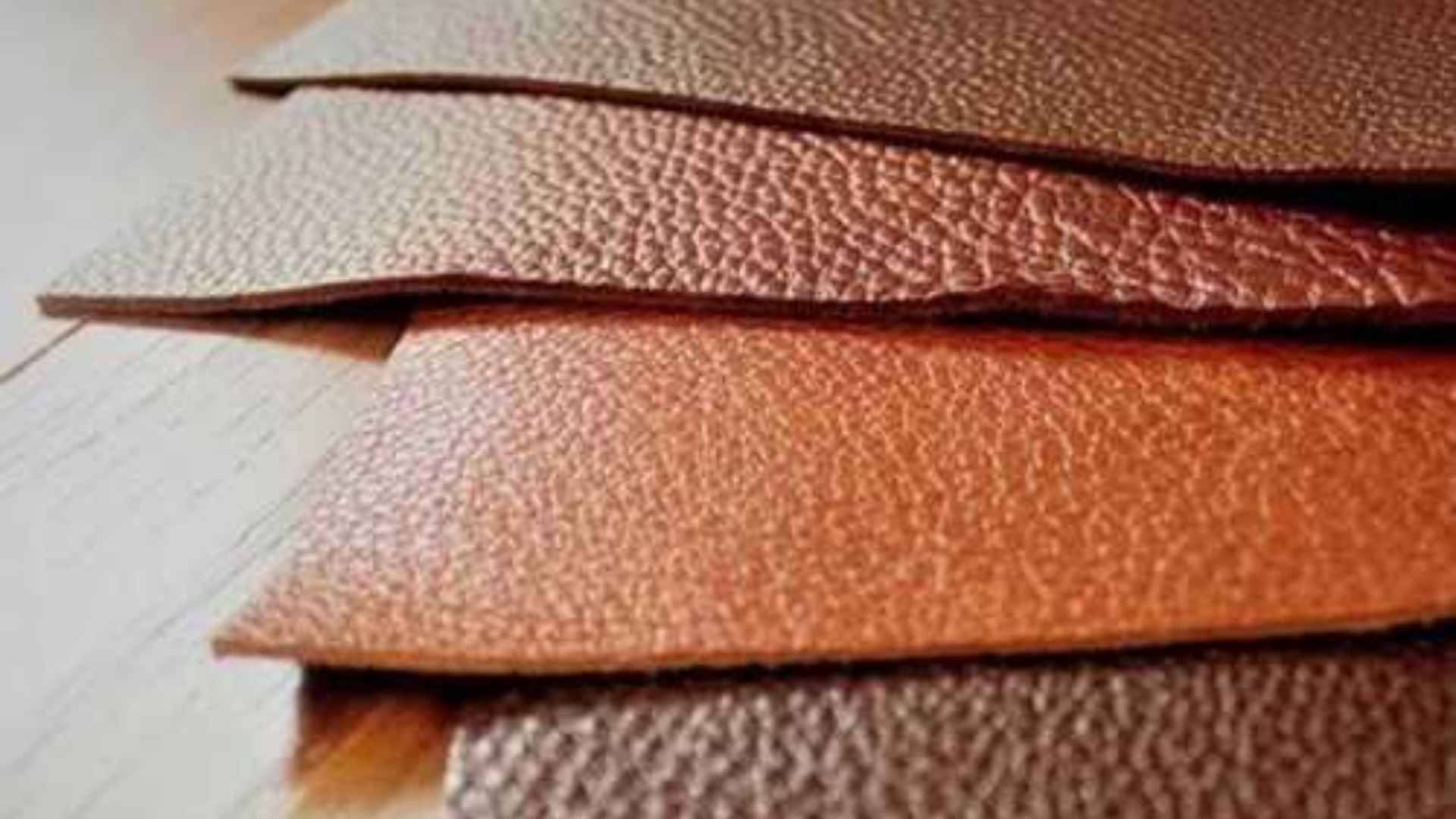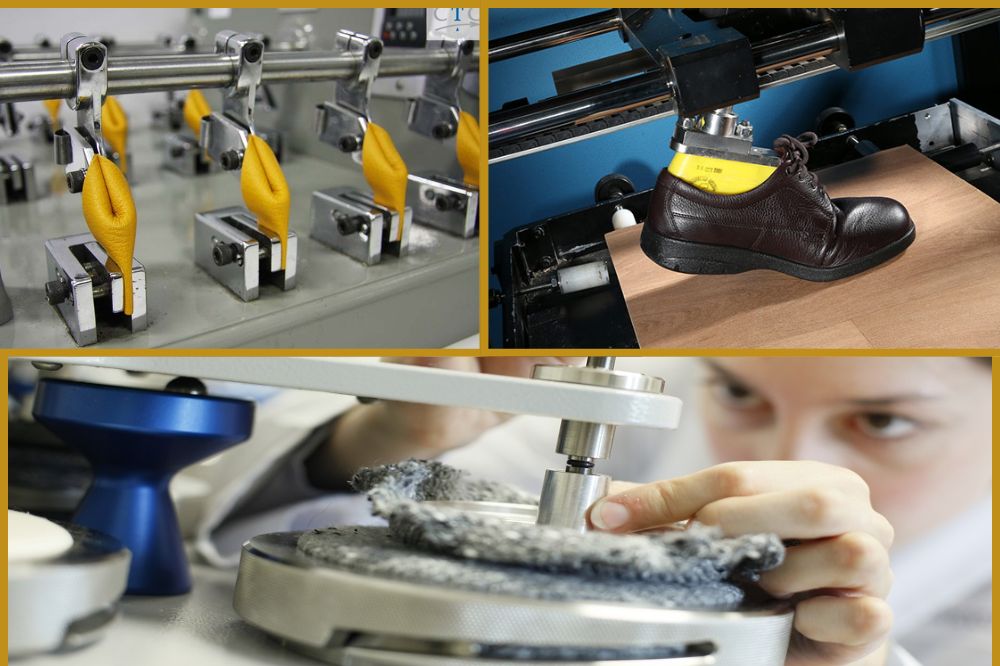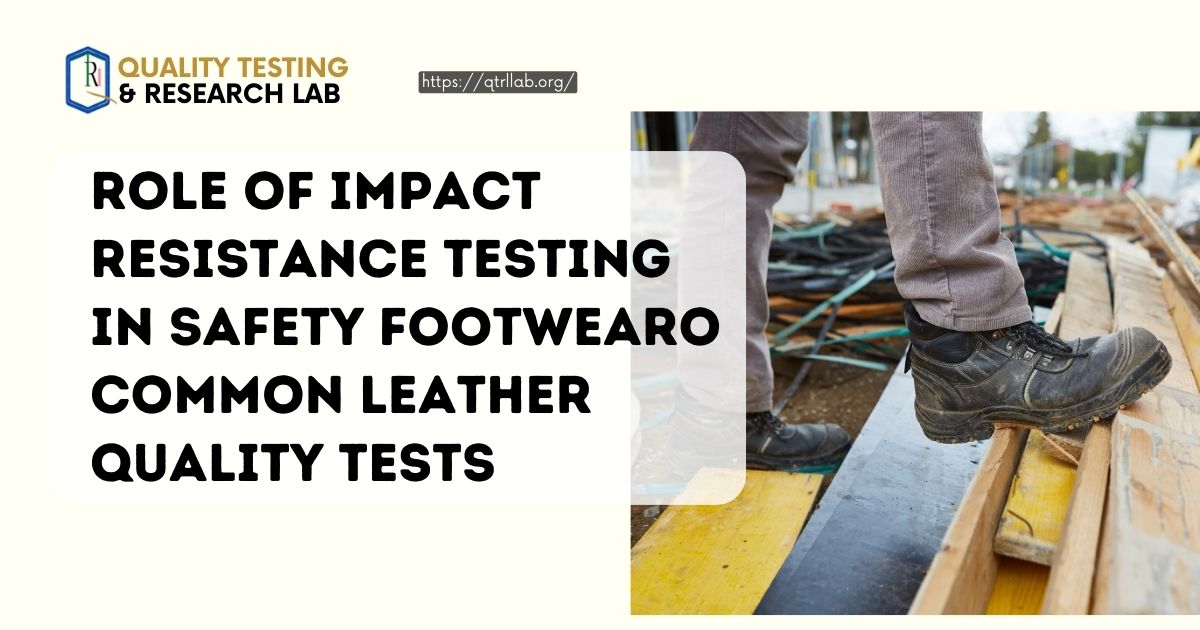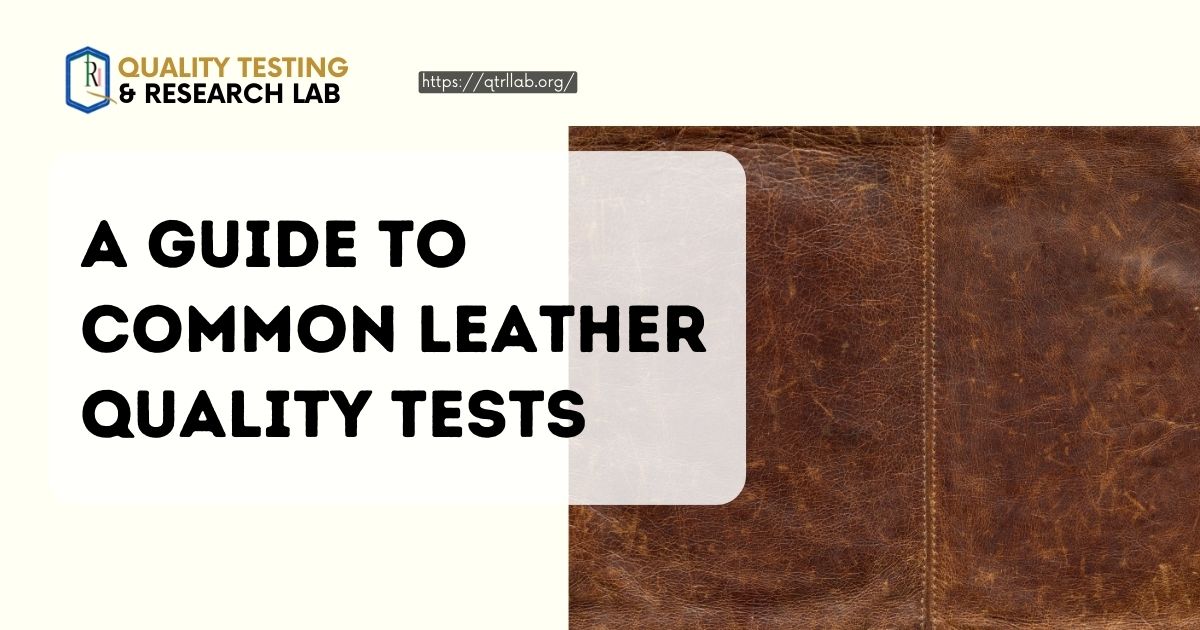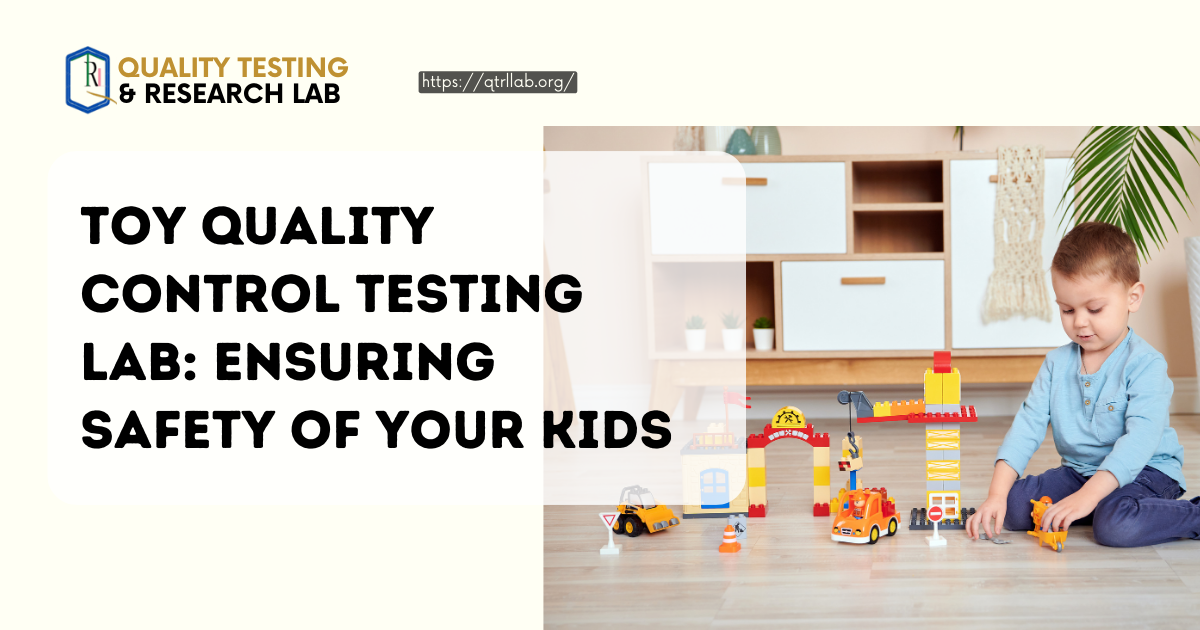In today’s highly competitive market, ensuring the quality and reliability of your products is paramount. Leather, a sought-after material for various industries, is no exception. Leather testing is a crucial aspect of manufacturing, guaranteeing that your products meet the highest standards and, in turn, satisfying your customers’ expectations. Let’s delve into the pivotal benefits of leather testing for manufacturers.
1. Quality Assurance
Leather testing plays a pivotal role in maintaining consistent quality throughout the manufacturing process. By subjecting leather to rigorous tests, manufacturers can identify and eliminate defects, ensuring that the end product meets industry standards. This guarantees that the leather used in your products is durable, aesthetically pleasing, and free from any flaws.
2. Compliance with Regulations
Leather products are subject to various regulations and standards that vary from region to region. Without comprehensive testing, it can be challenging to ensure that your products comply with these regulations. Leather testing helps manufacturers verify that their products meet the required safety and quality standards, preventing potential legal issues and product recalls.
3. Customer Satisfaction
In today’s consumer-driven market, customer satisfaction is paramount. Leather testing ensures that the products you offer are of the highest quality. When customers receive products that meet or exceed their expectations, they are more likely to become loyal to your brand and recommend it to others. Quality leather products will leave a lasting impression on your customers, boosting your brand’s reputation.
4. Cost Efficiency
Leather testing not only helps in identifying defects but also in improving the production process. By addressing issues early on, manufacturers can reduce waste, lower production costs, and enhance efficiency. This not only benefits your bottom line but also allows you to offer competitive prices to your customers.
5. Environmental Responsibility
Sustainability is a growing concern in the manufacturing industry. Leather testing can help manufacturers identify environmentally friendly practices. By ensuring that the leather used in your products is sourced responsibly and processed with minimal environmental impact, you can cater to eco-conscious consumers and contribute to a greener future.
6. Product Differentiation
In a crowded market, it’s essential to stand out. Leather testing can help you highlight the quality and safety of your products, setting you apart from competitors. By emphasizing your commitment to quality, you can attract discerning customers who are willing to invest in products that have been rigorously tested for excellence.
7. Longevity of Products
Well-tested leather products tend to have a longer lifespan, reducing the likelihood of returns and complaints. This not only saves you money but also strengthens customer trust. When consumers purchase products that endure the test of time, they are more likely to return for future purchases.
In conclusion, leather testing is not just a recommended practice for manufacturers; it’s a vital component of ensuring your products’ quality, compliance, and longevity. By investing in leather testing, you not only improve your products but also your brand’s reputation, customer satisfaction, and overall success in the market. Embrace leather testing, and you’ll reap the benefits it brings to your manufacturing process.

